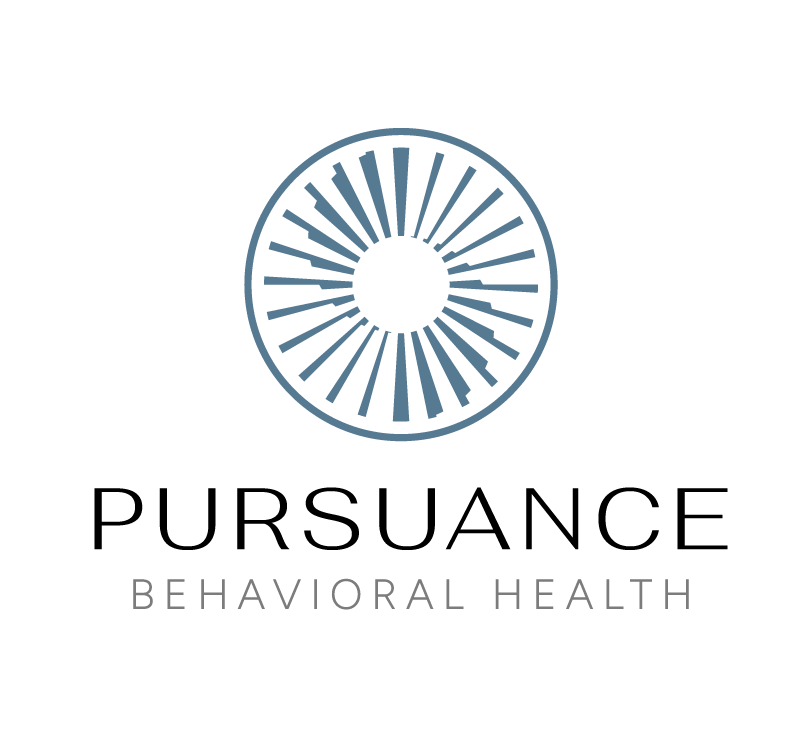Feeling sad from time to time is a natural part of life. We all experience it, whether due to a bad day, a disappointment, or a difficult life event. However, when sadness becomes persistent and overwhelming, it could be a sign of depression. Understanding the difference between normal sadness and clinical depression is crucial for …
Feeling sad from time to time is a natural part of life. We all experience it, whether due to a bad day, a disappointment, or a difficult life event. However, when sadness becomes persistent and overwhelming, it could be a sign of depression. Understanding the difference between normal sadness and clinical depression is crucial for seeking the right help and support. In this blog post, we’ll explore the key indicators that can help you determine whether you’re depressed or just sad.
Understanding Sadness
The first step to knowing if you are depressed or just sad is understanding the definition of sadness. Sadness is a temporary emotional state that is usually triggered by a specific event or situation. It’s a normal reaction to life’s challenges and setbacks. Here are a few characteristics of sadness:
- Temporary: Sadness is often short-lived, lasting for a few hours or days.
- Situational: It is typically triggered by a specific event, such as a breakup, loss, or disappointment.
- Manageable: Despite feeling sad, you can usually continue with your daily activities and responsibilities.
When you’re sad, you may feel down or cry, but these feelings usually subside with time and self-care. Engaging in activities you enjoy, spending time with loved ones, and allowing yourself to grieve can help you move through sadness.
Recognizing Depression
Depression, on the other hand, is more than just feeling sad. It’s a serious mental health condition that affects your mood, thoughts, and behavior. According to the National Institute of Mental Health, depression affects approximately 8.4% of U.S. adults each year.
Here are some key signs of depression:
- Persistent Sadness: The feeling of sadness or emptiness lasts for most of the day, nearly every day, for at least two weeks.
- Loss of Interest: You lose interest or pleasure in almost all activities, including those you once enjoyed.
- Physical Symptoms: You might experience changes in appetite or weight, sleep disturbances, fatigue, and physical aches or pains without a clear cause.
- Cognitive Changes: Depression can affect your concentration, memory, and decision-making abilities.
- Hopelessness or Helplessness: You may feel that nothing will ever improve or that you can’t do anything to change your situation.
- Feelings of Guilt or Worthlessness: You might have excessive guilt, self-blame, or feelings of worthlessness.
- Irritability or Agitation: Some people with depression may feel unusually irritable or restless.
- Social Withdrawal: You may isolate yourself from friends, family, and activities.
- Thoughts of Death or Suicide: In severe cases, depression can lead to thoughts of death, suicide, or self-harm.
If you are still unsure of whether or not you are feeling depressed or just sad, then contact our admissions office for a no-obligation assessment. Additionally, we offer an online depression quiz where you can check your symptoms to see if you should seek further help.
Assessing Your Feelings – Depressed Or Just Sad?
To determine whether you might be depressed or just sad, it’s helpful to honestly assess your feelings and behaviors over time. Here are a few steps you can take:
Track Your Mood
Keep a journal to track your mood, noting any patterns or triggers. Record how you’re feeling each day and any events or activities that might be influencing your emotions. This can help you identify whether your sadness is situational or persistent.
Evaluate the Duration and Intensity
Consider how long you’ve been feeling sad and how intense those feelings are. If your sadness has lasted for more than two weeks and is affecting your ability to function, it might be time to seek help.
Reflect on Physical and Cognitive Symptoms
Assess whether you’re experiencing any physical symptoms such as changes in sleep, appetite, or energy levels. Additionally, consider whether you’re having trouble concentrating, making decisions, or remembering things.
Identify Changes in Behavior
Think about any changes in your behavior or social interactions. Have you been withdrawing from activities or people you once enjoyed? Have you noticed an increase in irritability or agitation?
Consider Your Thought Patterns
Pay attention to your thoughts. Are you experiencing persistent feelings of hopelessness, guilt, or worthlessness? Are you having thoughts of self-harm or suicide?
Seeking Professional Help
If you suspect that you might be experiencing depression, it’s essential to seek professional help. Depression is a treatable condition, and there are various effective treatments available, including therapy, medication, and lifestyle changes.
When to Seek Help
- Persistent Symptoms: If your symptoms of sadness, loss of interest, or other signs of depression persist for more than two weeks.
- Impact on Daily Life: If your symptoms are interfering with your ability to work, study, or carry out daily activities.
- Thoughts of Self-Harm: If you’re having thoughts of suicide or self-harm, seek immediate help from a mental health professional or contact emergency services.
Initial Steps
- Talk to Someone: Reach out to a trusted friend or family member and let them know what you’re going through. Sharing your feelings can be a first step toward receiving support.
- Visit Your Primary Care Physician: Your doctor can help assess your symptoms and may refer you to a mental health professional.
- Seek a Mental Health Professional: Consider seeing a therapist, counselor, or psychiatrist who specializes in depression. They can provide a proper diagnosis and develop a personalized treatment plan for you.
Get Expert Care for Sadness & Depression With Pursuance Behavioral Health
Understanding the difference between sadness and depression is crucial for recognizing when you might need professional help. Sadness is a normal part of life, but when it becomes persistent, intense, and affects your ability to function, it could indicate depression. By assessing your feelings and behaviors, tracking your mood, and seeking professional support when necessary, you can take steps toward improving your mental health.
At Pursuance Behavioral, we understand the challenges of dealing with depression, and we’re here to help. Our depression treatment programs in Massachusetts are designed to provide comprehensive care and support for individuals facing depression and other mental health conditions. Our dedicated team of professionals works with you to develop personalized treatment plans that address your unique needs and help you on your journey to recovery.
Take the first step toward better mental health today. Contact us to learn more about our programs and how we can help you achieve a balanced and fulfilling life. Your well-being is our priority, and we’re committed to supporting you every step of the way.
For more information or to get started with our mental health treatment programs, reach out to Pursuance Behavioral here. Let’s work together to prioritize your mental wellness.













